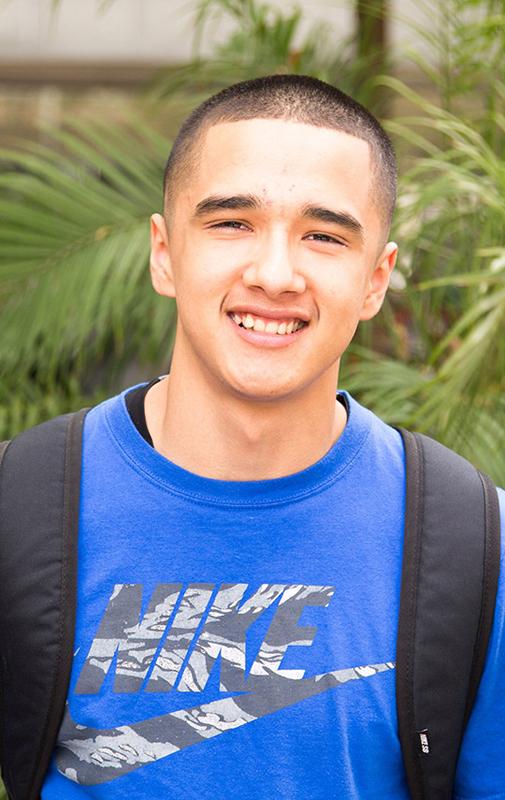Explorer program is key to success
March 15, 2016
Agustin Uribe, 20, a second-year student here at Bakersfield College, is pursuing a career in law enforcement through the Kern County Sheriff’s Explorer Program. Uribe described the explorer program as being similar to the job of a volunteer police officer, attending events, going on ride-alongs, and competing throughout the state and country. The explorer program is for young people between the ages of 15-21 who may be interested in a career in law enforcement.
When asked why he is pursuing a career in law enforcement, Uribe said, “I love the adrenaline rush that comes with the job, and not knowing how your next shift will go excites me. Being able to help people and make a change in the community is why I chose law enforcement for my career.”
Uribe mentioned that being in the program gave him insight on what really goes on in law enforcement, and this would not have happened if he was not involved.
“It shows me insight by allowing me to go on ride-alongs and see what deputies and police officers have to deal with. Not everything you see on the news or social media is correct about law enforcement,” said Uribe. “Most of it is incorrect, and going on ride-alongs, you get to see what it’s like to risk your life for someone else.”
Uribe said, “Attending BC while in the explorer program can be tough sometimes, because of some of our events are during the day and can interfere with classes.”
Some of the events the explorers do are connected to the community. One of the bigger events explorers work is the Kern County Fair.
Another service they help with is creating child identification packets for parents. Explorers also attend meetings every other Wednesday to address any upcoming events within the community that may need their services.
Uribe talked about their weekly meetings and how their advisors talk about their own experiences in the explorer program.
“During our explorer meetings, some of our advisers will share with us how they were once in the explorer with a law enforcement agency and how it helped them become a police officer. Many will say how they’re glad they joined the explorer program,” said Uribe.
When you see explorers out at an event, they “wear the same uniform so we can all look the same and so we can pay attention to detail. All uniforms must be ironed and boots shined,” said Uribe.
Line Level officer Tim Salvador, adviser of the explorer program in Shafter, discussed the explorer’s uniform.
“Typically on duty police explorers are in a type of uniform that designates them as an explore, so they don’t look too much like police officers, and two, it’s conducive to the event that their working.”
As an example, when explorers are doing training activities, they are required to be in their class B uniform which consists of a polo, tactical pants, boots and duty belt. If explorers are working at an event, being seen in public, or riding along with an officer, they are required to wear their explorer uniform [patrolling uniform]. For Shafter it’s a nice light blue polo, same pants and boots, but they don’t wear a full duty belt, but they are allowed a radio holster and flashlight. This is so they don’t look like an officer.
Salvador also talked about the type of program they have at the department.
“I’m the sole adviser for the explorer program [and] we try to keep a ratio of one to eight. At one time, there were 17 explores that I supervised with the help of citizen service units or volunteer staff from the department, but the highest was 17 and it was hard to manage.”
With there being nine explorers, Salvador is able to put them into groups where he allows his senior explorers to help teach his younger explorers on the skills they are trying to learn that day. If it’s a day where the instructions are more detailed, Salvador is able to walk around the groups and answer any questions that might have or point out anything they are doing wrong.
Salvador also mentioned that, for their line of work, it’s important for the explorers to be able to understand the skills that they are learning and knowing how to teach someone else because in law enforcement, a huge part of their job is the training.
When they start on this career path “even as a line level officer, I’m at the lowest ranking there is at the department in terms of officers. When I have news of people coming straight out of the academy, there still is an excess of information that they need to learn.”
The only way for the incoming officers to learn that excess information is for them to ask questions, Salvador said. This only prepares explorers by allowing them to experience this through training where they are going to be better prepared for the field of law enforcement.





